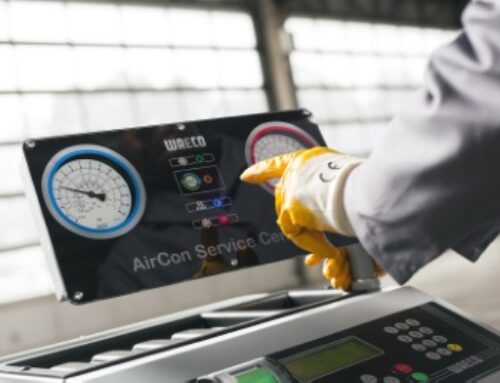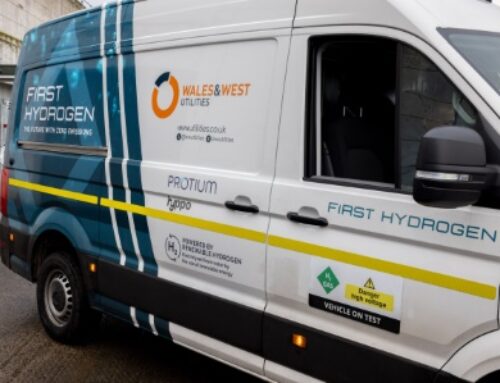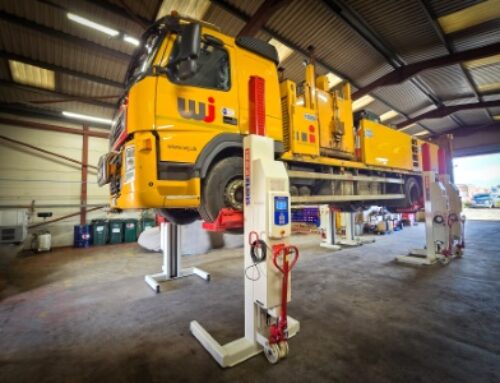Bridgestone helps boost wheel and tyre safety
 Among the servicing tools available from Bridgestone is the Retorque safety app for commercial vehicle operators, based on more than 10 years of data-gathering from vehicle manufacturers across the UK.
Among the servicing tools available from Bridgestone is the Retorque safety app for commercial vehicle operators, based on more than 10 years of data-gathering from vehicle manufacturers across the UK.
The free app was developed following an information-gathering exercise involving all bus, truck and trailer original equipment manufacturers, says Bridgestone, and offers the correct torque settings for all vehicles, free of charge, at the swipe of a mobile phone or tablet.
Bridgestone highlights the severe safety implications posed by wheel detaching from a truck, bus or trailer.
“If a wheel becomes detached while the vehicle is moving, it can accelerate up to 93mph and would hit an oncoming vehicle, pedestrian or cyclist with incredible force,” said the firm.
“It can also cause the driver who has lost the wheel to lose control and crash.
“Instead of leafing through pages of a manual for information, Bridgestone has developed its app – available from Google and Apple stores – to make the [retorque] process as simple as possible and freely available for everyone, including fellow tyre manufacturers.”
Bridgestone’s product and marketing manager Andy Mathias said of the app: “We decided to make it free of charge because the security and safety of commercial fleets is more important than creating revenue.
“So it can be used by absolutely everyone, including our competitors and we would encourage people to download it when they can.”
He added that overtightening was equally dangerous as under-tightening, as this can cause studs to crack and wheels to become loose thereafter.
Bridgestone has also provided commercial fleets with an insight into tyre husbandry in recent years through its work with Highways England on an extensive Tyre Debris Study, which highlighted how commercial drivers and fleet operators could reduce accidents – and downtime – through regular tyre and yard checks before departures.
The study, which analysed 472 samples from failed commercial tyres retrieved from motorways, also revealed that retreaded tyres showed no greater likelihood of failure than that of a first life (new) tyre.
65 per cent (310) of tyres failed due to road/yard debris penetration, the study found, with six per cent failing due to overdeflection (e.g. under inflated) and five per cent due to maintenance. 19 per cent were classed as ‘indeterminate’ where no cause could be definitively ascertained.
A video covering the study is available at: youtu.be/-KSt1a1ndgc
Bridgestone said the results reinforced its advice to conduct forecourt and vehicle tyre checks before setting off on journeys, adding it believed that much of the debris causing the failures would have originated from the yard itself.
Bridgestone’s technical manager Gary Powell, who oversaw the analysis of the debris with lead field engineer Peter Moulding and the rest of the firm’s technical department, said: “With proper vehicle inspection and maintenance programs, many of the failure methods noted may have been detectable and preventable.”
“We would recommend that proper tyre maintenance and tyre husbandry management is vital for reducing downtime of vehicles resulting from tyre-related failures, in light of these results.”
To help prevent such incidents, Bridgestone advises that a regular sweeping/cleaning program should be instituted at premises to avoid accumulating potentially damaging debris.
Correct pressure management is vital for preserving the service life of the tyre, the firm adds, so should be incorporated into regular tyre husbandry programmes.











